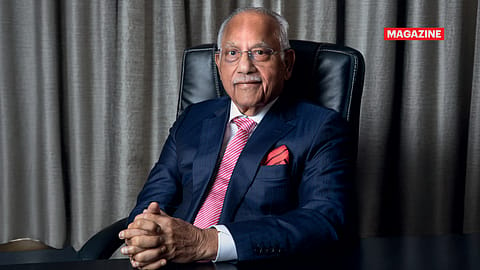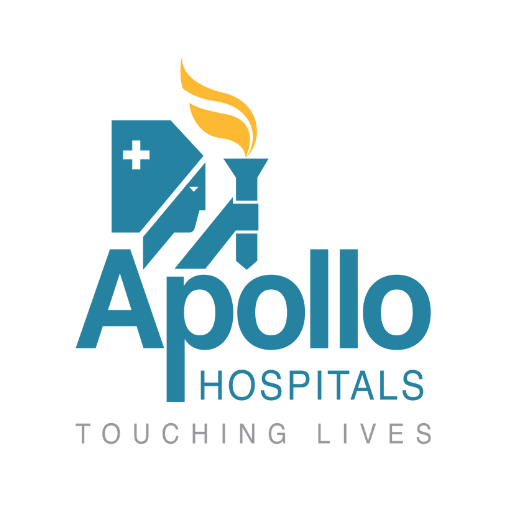India’s Best CEOs 2025: Why Prathap C. Reddy is Apollo Healthcare’s Doctor for Life
Winner-HEALTHCARE: The Reddy sisters are changing India’s healthcare paradigm, taking ahead the legacy of their iconic father.

This story belongs to the Fortune India Magazine indias-best-ceos-november-2025 issue.
IN THE 1970S, Dr Prathap Chandra Reddy had a thriving cardiology practice in the U.S. It was a letter from his father asking him to do something to improve the lives of the people in India that led him to relocate to what was then Madras (today’s Chennai).
What struck Reddy when he returned was the sheer lack of critical healthcare infrastructure in the country. It led him to recommend many patients to go to the U.S. for surgery. In 1979, he lost a 38-year-old man with two children because the patient could not raise the $50,000 needed for the operation. That’s when Reddy decided to build a state-of-the-art healthcare facility, and the first Apollo hospital (named after the Greek god of healing) opened in Madras on Greams Road in September 1983. Reddy was 50 then.
Getting the necessary approvals to set up a state-of-the-art hospital during the licence raj was not easy. Reddy made over 60 trips to Delhi. Moreover, import of medical equipment was considered a luxury, and attracted 300% customs duty. Finally, it was a meeting with the then Prime Minister Indira Gandhi that helped Reddy get the hospital proposal cleared, paving the path for a sea change in India’s healthcare infrastructure.
While Reddy is the founder-chairman, Apollo Hospitals Enterprise is now run by his four daughters — Preetha Reddy, executive vice chairperson; Suneeta Reddy, MD; Sangita Reddy, joint MD; and Shobana Kamineni, promoter-director. The next generation, Preetha Reddy’s son Harshad and Suneeta Reddy’s daughter Sindoori, are also involved in managing the hospital chain.
In FY25, Apollo Hospitals recorded the highest-ever net sales of ₹21,794 crore, a 3-year CAGR of 14.1% (FY22-FY25), according to Capitaline data. Consolidated net profit was ₹1,446 crore, a 3-year CAGR of 11.1%.
“This performance is testament to the consistent work of our teams across verticals. We continued to grow our brick-and-mortar services even as our digital business saw a positive trend,” says Suneeta Reddy. The core hospital business saw healthy growth, and pharmacies and primary clinics expanded. The digital health platform, Apollo 24/7, is currently on the path to financial break-even.
In fact, Apollo is transitioning from a hospital-led network to a holistic healthcare platform — integrating digital and physical services to create a seamless experience for patients. It now has three divisions — healthcare with 73 hospitals across India (10,134 beds); digital health and pharmacy; and diagnostics and retail health. The hospital chain comprises 45 owned, six managed, and 22 day surgery and cradles. It operates over 6,500 pharmacies, 2,500 clinics and diagnostic centres, and 500 telemedicine centres.
